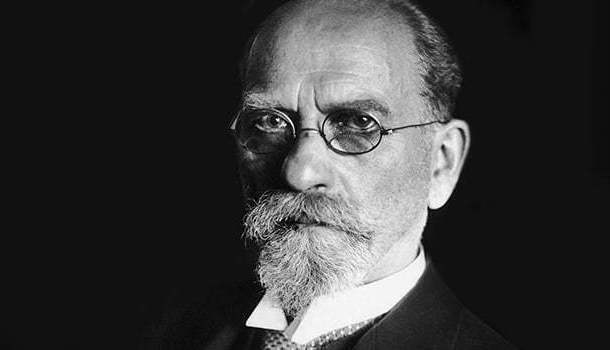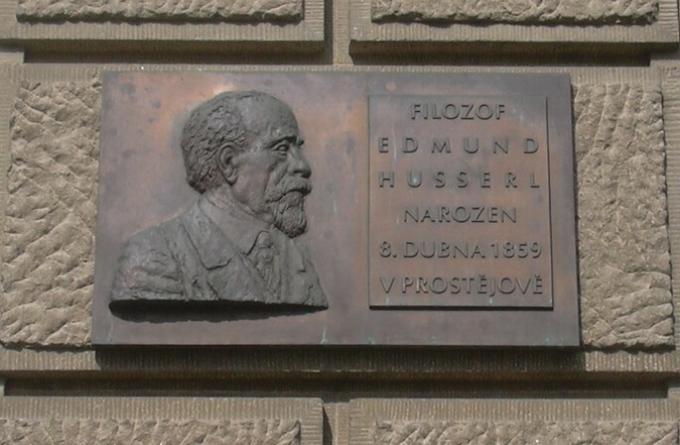Phenomenology is a study that bases knowledge on the phenomena of consciousness. From this perspective, all knowledge is based on how consciousness interprets phenomena.
This method was initially developed by Edmund Husserl (1859-1938) and, since then, it has many followers in Philosophy and in several areas of knowledge.
For him, the world can only be understood from the way it manifests itself, that is, how it appears to human consciousness. There is no world in itself and no consciousness in itself. Consciousness is responsible for making sense of things.
In philosophy, a phenomenon simply designates the way a thing appears, or manifests itself, to the subject. That is, it is about the appearance of things.
Thus, all knowledge that has as its starting point the phenomena of things can be understood as phenomenological.

With that, Husserl affirms the protagonism of the subject before the object, since it is up to the conscience to attribute meaning to the object.
An important contribution of the author is the idea that awareness is always intentional, it is always
awareness of something. This thought goes against tradition, which understood consciousness as having an independent existence.In Husserl's phenomenology, phenomena are the manifestation of consciousness itself, so all knowledge is also knowledge of itself. Subject and object end up becoming one and the same thing.
What is a Phenomenon?
Common sense understands a phenomenon as something extraordinary or unusual. On the other hand, the concept of the term in the vocabulary of philosophy represents, purely and simply, how a thing appears or manifests itself.
Phenomenon originates from the Greek word phainomenon, which means "that which appears", "observable". Therefore, phenomenon is everything that has an apparition, which can be observed in some way.
Traditionally, appearance is understood as the way our senses apprehend an object, as opposed to essence, which represents how things really would be. In other words, how things would be for themselves, the "thing-in-itself".
This relationship between appearing and being is crucial for understanding phenomena and phenomenology. Husserl sought to reach the essences from the intuition generated by the phenomena.
Husserl's Phenomenological Theory

Husserl's great aim with his Phenomenology was the reformulation of philosophy. For him, it was necessary to refound philosophy and establish phenomenology as a method, without this constituting the science proposed by the positivism.
Philosophy should turn to the investigation of the possibilities and limits of scientific knowledge, moving away from from the sciences, above all, from psychology, which analyzes the observable facts, but does not study the conditions that lead to this Note. The study of the foundations of science would fall to philosophy.
Phenomena are understood by the representation that consciousness makes of the world. Understanding must always be understood as "awareness of something". With this, the author denies the traditional idea of consciousness as an empty, human quality that can be filled with something.
All consciousness is awareness of something.
This subtle but relevant difference brings with it a new way of conceiving knowledge and representing the world.
The things of the world do not exist by themselves, just as consciousness does not have an independence from phenomena. There is a strong criticism of the separation between subject and object, traditional in science.
For Husserl, knowledge is built from numerous and small perspectives of consciousness, which when organized and removed their particularities, produce an intuition about the essence of a fact, idea or people. These are called phenomena of consciousness.

Husserl understands that this reformulation could make philosophy overcome its crisis and be understood, definitively, as a methodical conception of the world. He asserts the existence of "transcendental elements of knowledge", which are accumulations that will condition the experience of individuals in the world.
For him, experience, purely and simply, is not configured in science, and that knowledge has an intentionality. Knowledge is not produced, but by a necessity and an intentional act of conscience.
What Husserl meant is that phenomena are manifestations that only have meaning when interpreted by consciousness.
Thus, the awareness of something varies according to the context in which it is inserted. It is up to the philosopher to interpret phenomena, solely and exclusively, as they appear.
Appearance and Essence in Phenomena
Plato (427-348), in his "theory of ideas", asserted that the appearance of things is false and true knowledge should be sought through the exclusive use of reason. For him, phenomena are flawed, because our senses are sources of deception.
This thought influenced all Western thought and its separation and hierarchy between the soul (reason) and the body (senses).
Aristotle (384-322), a critical disciple of Plato, maintained this thought of superiority between reason and the senses, but gave an opening for the relevance of the senses in the construction of knowledge. For him, even though the senses are flawed, they are the first contact of individuals with the world and this should not be neglected.
In modern philosophy, questions related to the acquisition of knowledge, in a simplified way, were disputed between the rationalism and its opposite, the empiricism.
discards (1596-1650), as the representative of rationalism, stated that only reason can give valid foundations for knowledge.
And, the radical empiricism, proposed by Hum and (1711-1776), attests that in the midst of total uncertainty, knowledge must be based on the experience generated by the senses.
Kant (1724-1804) sought to unite these two doctrines by reinforcing the importance of understanding, taking into account the limits of reason. For him, one can never understand the "thing-in-itself", the understanding of phenomena is based on understanding and mental schemes interpret things in the world.
Hegel and the Phenomenology of Spirit
Hegel's Phenomenology of Spirit (1770-1831) proposes that the manifestation of the human spirit is history. This understanding elevates phenomenology to a method of science.
For him, the story develops in a way that highlights the human spirit. There is an identification between being and thinking. This relationship is the foundation of an understanding of the human spirit as socially and historically constructed.
As being and thinking are one and the same thing, the study of the manifestations of beings is also the study of the very essence of the human spirit.
Bibliographic references
Ideas for a pure phenomenology and for a phenomenological philosophy - Edmund Husserl;
What is phenomenology? - André Dartigues;
Invitation to philosophy - Marilena Chauí.


